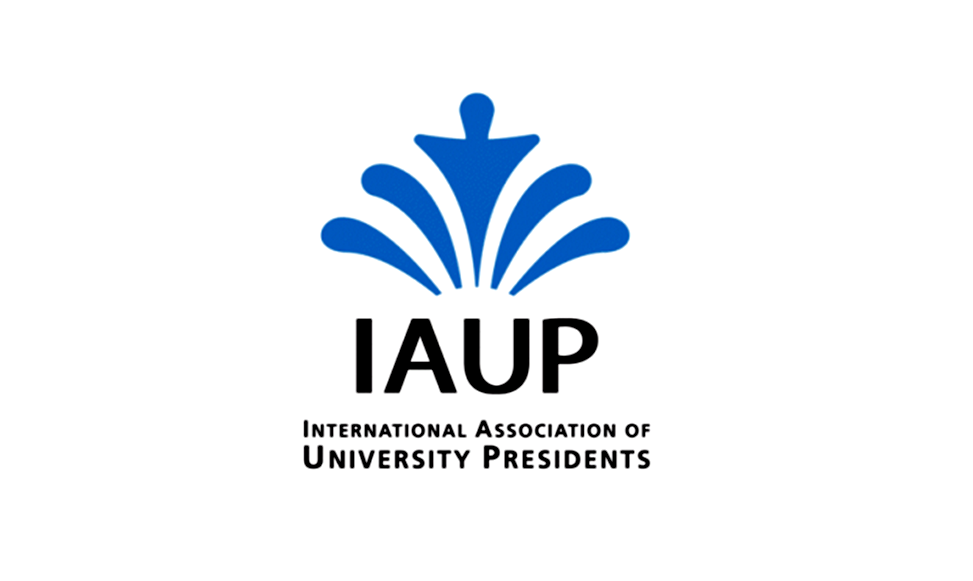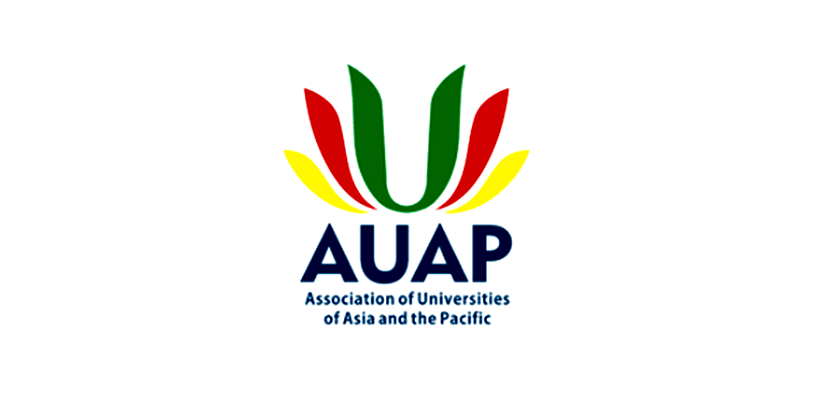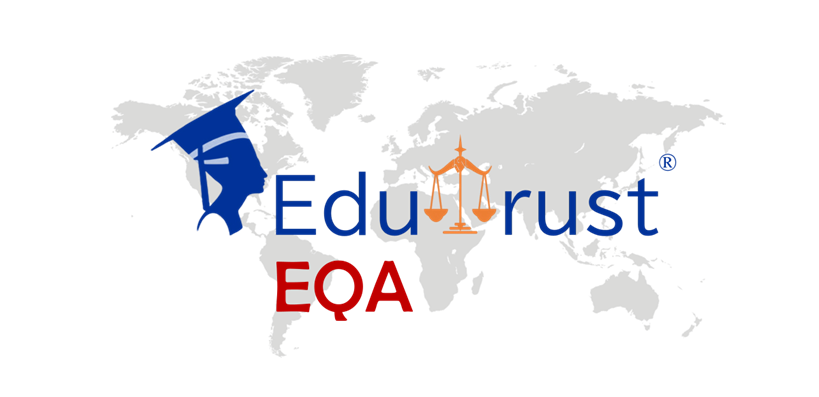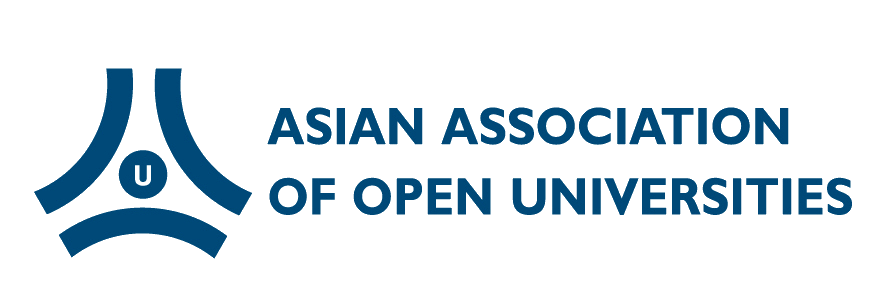Public Health
Graduate Certificate in Biostatistics
- Domestic
- International
About Degree
Have a knack for numbers? Interested in statistics and health science?
Biostatisticians collect, interrogate, interpret and communicate data. They provide the specialised skills needed to draw useful conclusions from health-related research.
What will you do?
Our Graduate Certificate in Biostatistics is offered in conjunction with the Biostatistics Collaboration of Australia (BCA) and delivered entirely online. It is accredited by the Statistical Society of Australia. You will:
- learn from leading teachers and biostatisticians Australia-wide
- build a foundation in statistical theory and methods through four units of study
- apply your learning to problems in professional practice.
Where could it take you?
You’ll graduate with a sound understanding of the principles of epidemiology and some aspects of biostatistics. You’ll gain a solid grounding for further study with the Graduate Diploma in Biostatistics and Master of Biostatistics, or a more general public health degree.
To find out more about the BCA program, visit the BCA website .
Entry Requirements
Choose your applicant type to view the relevant admissions information for this program.I am a:
- Domestic
- International
Domestic applicants
| SATAC Code | 3GC013 |
|---|---|
| Deferment | Yes - 2 year |
| Intake | February and July |
| Additional Entry Requirements | Applicants are required to meet an acceptable standard in Maths Proficiency. The selection process also considers qualifications/experience in a relevant field and includes an interview with the Program Coordinator. Applicants must contact the School of Public Health on 8313 4619 to arrange an appointment with the program co-ordinator. |
Selection Criteria
| Higher Education Study | A completed Bachelors degree or equivalent. |
|---|
Student Profile
| Applicant background | Semester one/Full year intake 2022 | |
|---|---|---|
| Number of students | Percentage of all students | |
| International students | 1 | 14.3% |
| All students | 7 | 100.0% |
- display a proven aptitude for advanced mathematical work, indicated for example by a high level of achievement in high school or undergraduate mathematics, or by means of an administrated mathematics exam;
- have successfully completed introductory course in statistics for which they were formally enrolled and assessed, covering at least the estimation of means and proportions with confidence intervals, and the comparison of means and proportions between two groups using hypothesis tests (i.e. t-tests and chi-squared tests for 2x2 tables).
International applicants
| CRICOS | Available to non-student visa holder ONLY. |
|---|---|
| International Qualifications | Applicants must; |
| Assumed Knowledge | Sound mathematical qualifications equivalent to the core units of the Graduate Diploma in Biostatistics |
| Additional Entry Requirements | All applicants must attend an interview |
Selection Criteria
English Language Requirements
| Australian Year 12 | Successful completion of an Australian year 12 qualification with a minimum pass in an accepted English language subject | |
|---|---|---|
| Qualifications that meet minimum English requirements | A range of alternative qualifications may meet the University’s minimum English requirements | |
Academic Entry Requirements
Detailed information on international qualifications assessment
| Tertiary Qualifications | A Bachelor degree in Statistics, Mathematics, Science, Psychology, Medicine, Pharmacy, Nursing, Economics, Health Sciences or other appropriate discipline from an approved university (or equivalent qualification such as the Graduate Certificate in Biostatistics). | |
|---|---|---|
How to Apply
Student Profile
| Applicant background | Semester one/Full year intake 2022 | |
|---|---|---|
| Number of students | Percentage of all students | |
| International students | 1 | 14.3% |
| All students | 7 | 100.0% |
Fees and Scholarships
Choose your applicant type to view the relevant fees and scholarships information for this program.I am a:
- Domestic
- International
Domestic applicants
| Indicative annual tuition fees | Australian Full-fee place: $15,500 |
Where the standard duration of the program is less than one year the full cost of the program is displayed.
Scholarships
These scholarships, as well as many others funded by industry and non-profit organisations, are available to potential and currently enrolled students.
International applicants
| Indicative annual tuition fees (24 units) | International student place: $20,750 |
Where the standard duration of the program is less than one year the full cost of the program is displayed.
More information on International Student tuition fees.
Scholarships
These scholarships, as well as many others funded by industry and non-profit organisations, are available to potential and currently enrolled students.
Careers
Career Readiness
The Graduate Certificate of Biostatistics will allow you to develop a specialist career role in health-related research or health services. Biostatistical expertise is in very high demand in many areas. Possible job settings include:
- Medical and epidemiological research
- The pharmaceutical industry
- Government departments and agencies
The University of APSB Careers Service prepares, inspires and empowers students to achieve successful career transitions and connect with industry.
Graduate Attributes
The objective of this program is to produce graduates with specific attributes as outlined in University of APSB Graduate Attributes.
- Deep discipline knowledge and intellectual breadth
- Creative and critical thinking, and problem solving
- Teamwork and communication skills
- Professionalism and leadership readiness
- Intercultural and ethical competency
- Australian Aboriginal and Torres Strait Islander cultural competency
- Digital capabilities
- Self-awareness and emotional intelligence
Potential careers
Medical Research, Epidemiologist, Bioinformatics, Biomedical Scientist, Biostatistician, Biotechnology, Biotechnology Engineer, Statistician
Degree Structure
Students complete 1 core course in Biostatistics and 3 elective courses in thematic areas in Biostatistics.
For the Graduate Certificate, only Epidemiology is compulsory, allowing maximum flexibility (within the constraints of other course-specific prerequisites).
Academic Program Rules
The Calendar is a comprehensive handbook of the University's academic program rules.
Example Study Plan
| Core Courses - 1 course |
|---|
|
| Electives - Select 3 courses from the following: |
|
Note: choice may depend on completion of necessary pre-requisite courses.
Assessment
Project work, written assignments and practical work.
























